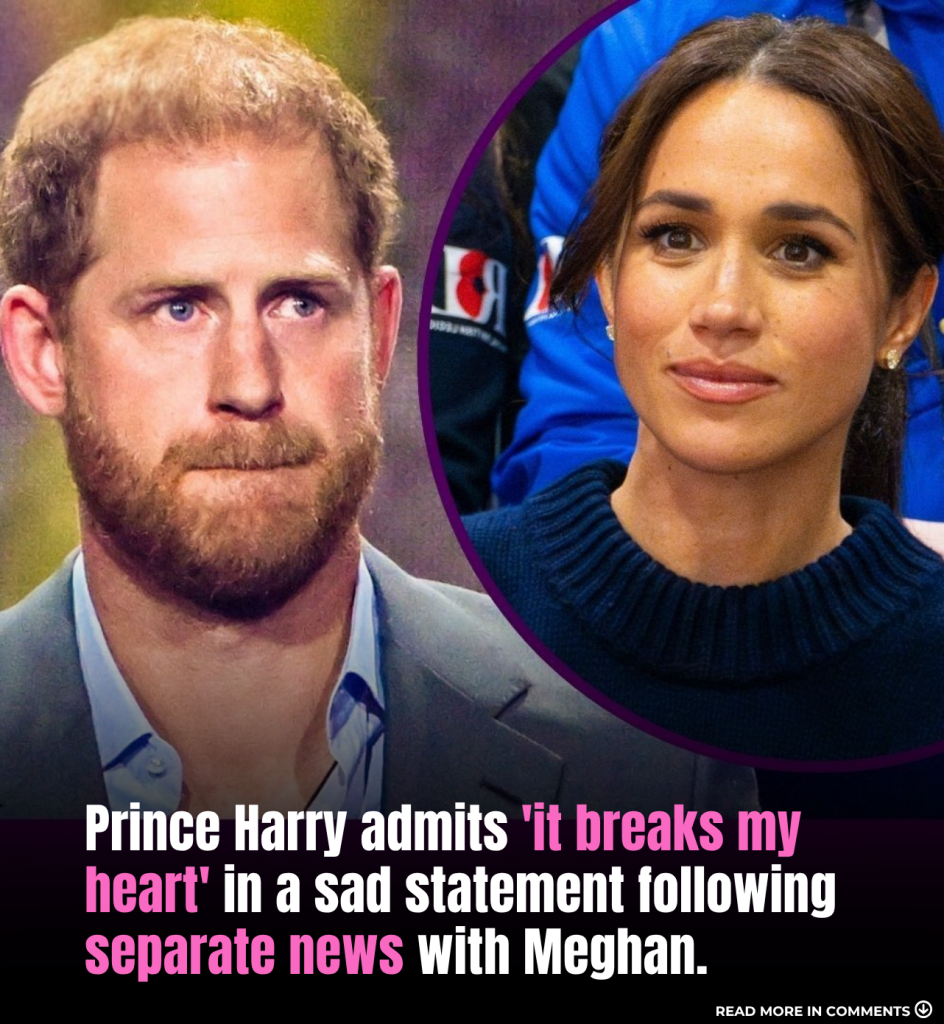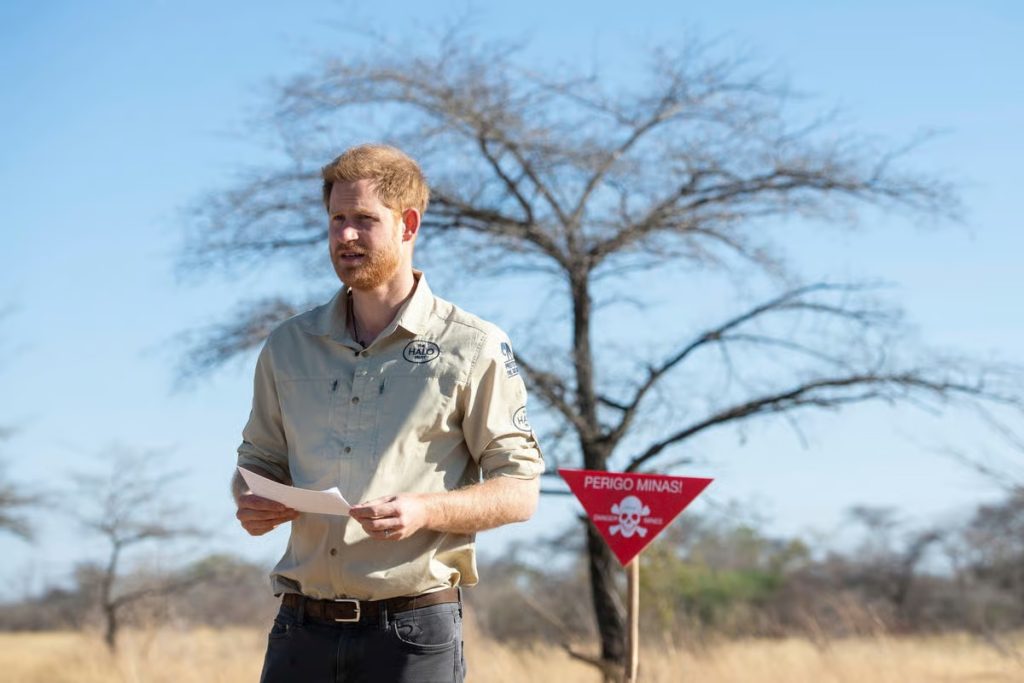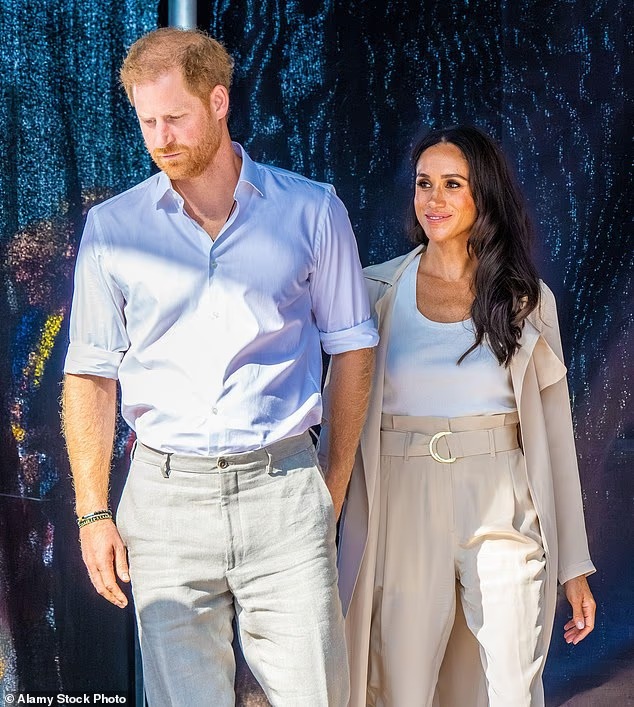
Nearly three decades after his mother, Princess Diana, walked through a minefield in Angola and changed global perceptions of war’s lasting toll, Prince Harry has returned to the country with a message that’s both deeply personal and urgent.
The Duke of Sussex recently visited the rural community of Cuito Cuanavale, home to the largest remaining minefield in Africa. As a longtime patron of The HALO Trust — the same humanitarian group Diana supported — Harry spent time with families whose daily lives are still overshadowed by decades-old conflict.
“For me, as a father, it’s devastating to see children growing up next to hidden explosives,” Harry wrote in a statement released on the Sussex website after the trip. “Every child deserves to play, learn, and dream without the shadow of war hanging over them.”
A tribute to Princess Diana and a call for action

Harry’s journey retraced a powerful chapter of royal humanitarian history. In 1997, Princess Diana’s now-iconic walk across a cleared minefield in Huambo helped bring international awareness to the issue. At the time, her advocacy was controversial — but history would later credit her with helping shift public opinion and policy on landmine clearance.
Now, Harry is carrying forward that legacy, not just as her son, but as a parent himself. “This isn’t just about removing landmines,” he said. “It’s about healing wounds that war has left behind and giving future generations a safe place to call home.”
According to The HALO Trust, while over 120,000 landmines have been removed from Angola to date, more than 1,000 minefields still remain. In the past five years, at least 80 Angolans have lost their lives due to these devices — many of them children.
Harry’s visit was not only symbolic but also strategic, urging international donors to maintain and expand support for landmine clearance efforts. “The world has the resources and the technology,” he emphasized. “What we need now is the will to finish the job.”
Signs of thaw between Harry and the royal family?

The Duke’s solo humanitarian trip comes amid quiet speculation that reconciliation with the royal family could be on the horizon.
Just days before his Angola visit, representatives from Harry’s team met with officials from King Charles’ communications office in London. While the meeting was reportedly informal, it has raised eyebrows among royal watchers who believe it may signal a shift in the frosty relations between father and son.
Since stepping back from official duties and releasing his tell-all memoir Spare, Harry has remained largely estranged from the royal household. In earlier interviews, he acknowledged the emotional toll of the rift: “I would love reconciliation with my family,” he told the BBC. “Life is precious. I don’t know how much longer my father has.”

With King Charles still undergoing treatment for cancer and Princess Kate recovering from her own health battle, some believe the family could be inching toward a fragile truce.
Whether or not peace comes behind palace walls, Prince Harry’s work in Angola made one thing clear: he remains committed to making a difference on the ground — just as his mother did.